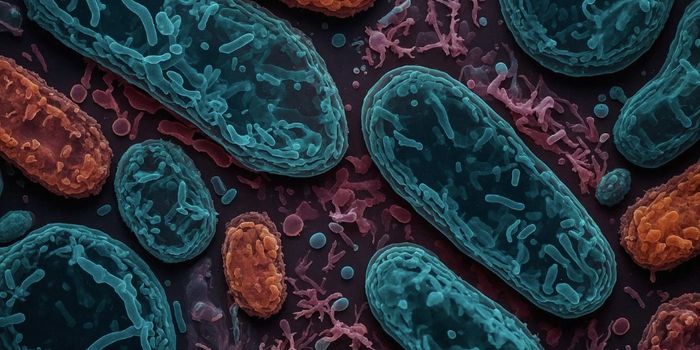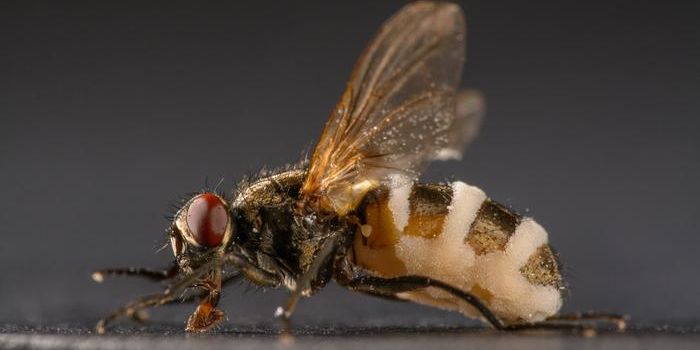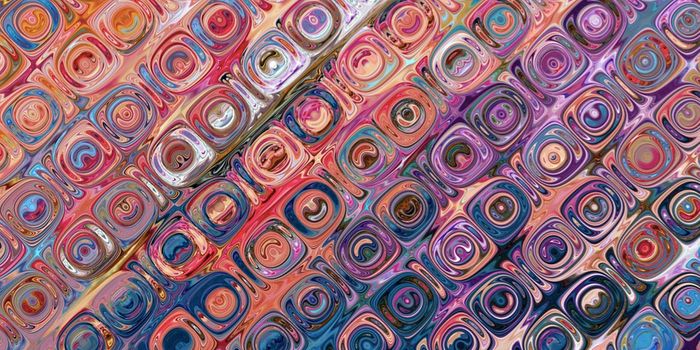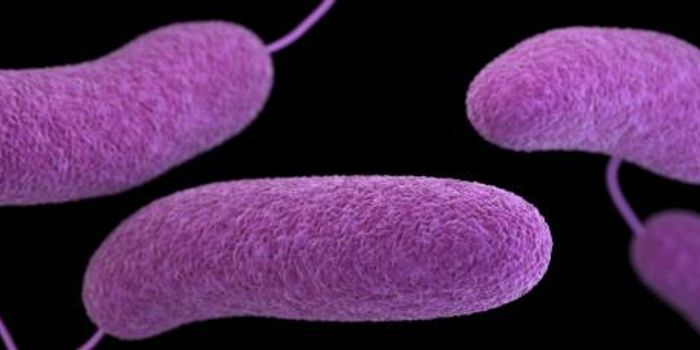Mammalian Cells May Have Trouble Fighting Space Bugs
New research reported in Microorganisms has suggested that humans and other terrestrial mammals might have trouble identifying and responding to microbes or pathogens from outer space. Many microorganisms that live in extreme environments can be found on Earth, and water vapor has been found on extraterrestrial bodies, so it would not be all that surprising to find microbes on other planets or their moons. Some missions are already on the lookout for this kind of life. We have already found amino acids, which compose the proteins that carry out many of life's essential functions, on meteorites. These meteoric amino acids are similar terrestrial amino acids but differ in subtle ways.
Scientists used a mouse model to examine how mammalian immune cells reacted when exposed to chains of two meteoric amino acids. They found that the immune response to these 'alien' peptides was not as efficient as the reaction to terrestrial peptides. More work in this area will be needed to confirm this study and see how humans may be affected, but it shows that space missions should be cautious about how the human immune system will handle exposure to alien molecules and microbes, and what space missions might be bringing back with them to Earth.
"The world is now only too aware of the immune challenge posed by the emergence of brand new pathogens. As a thought experiment, we wondered what would happen if we were to be exposed to a microorganism that had been retrieved from another planet or moon where life had evolved," said Professor Neil Gow, Deputy Vice-Chancellor (Research and Impact) at the University of Exeter.
"Some very unusual organic building blocks exist outside of the planet Earth, and these could be used to make up the cells of such alien microbes. Would our immune system be able to detect proteins made from these non-terrestrial building blocks if such organisms were discovered and were brought back to Earth and then accidentally escaped," he asked. "Our paper addresses this hypothetical event."
In this work, researchers at the MRC Centre for Medical Mycology assessed how immune cells called T cells were impacted by peptides that carried isovaline and α-aminoisobutyric acid, amino acids that have been found in meteor samples. The measure of T cell response indicated that peptides from Earth induced a response that was 82 to 91 percent efficient, while the efficiency of the response to peptides containing extraterrestrial amino acids was 15 and 61 percent.
"Life on Earth relies on essential 22 amino acids. We hypothesized that lifeforms that evolved in an environment of different amino acids might contain them in their structure," said the lead author of the study Dr. Katja Schaefer, of the University of Exeter.
"We chemically synthesized 'exo-peptides' containing amino acids that are rare on Earth, and tested whether a mammal immune system could detect them. Our investigation showed that these exo-peptides were still processed, and T cells were still activated, but these responses were less efficient than for ordinary Earth peptides," Schaefer explained. "We therefore speculate that contact with extra-terrestrial microorganisms might pose an immunological risk for space missions aiming to retrieve organisms from exoplanets and moons."
Now that liquid water has been found at several extraterrestrial sites, it seems that microbes may indeed be waiting out there to be discovered.
Sources: AAAS/Eurekalert! via University of Exeter, Microorganisms








